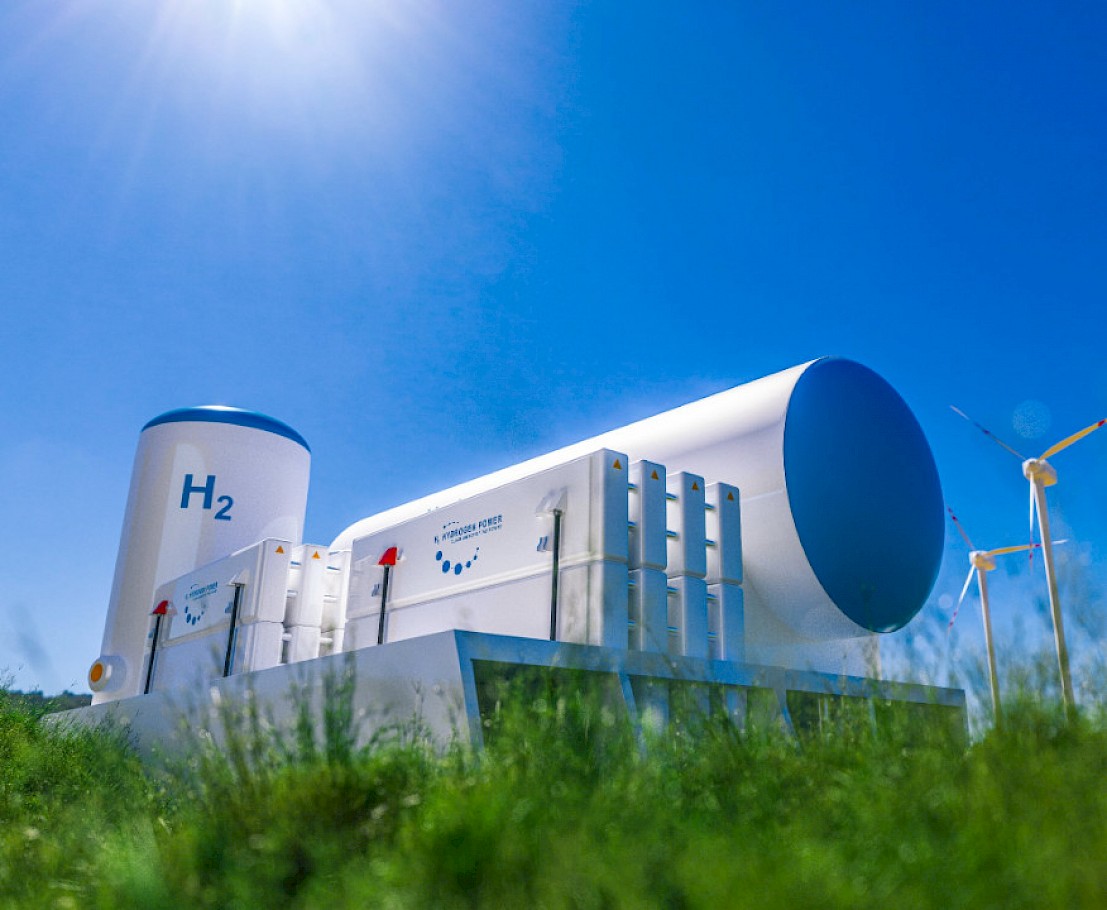Its Role in the UK Economy

The talk will discuss the role that hydrogen could play in supporting a low carbon transition of the UK economy. The production, distribution and end-use of hydrogen as a low carbon energy carrier will be discussed for a range of sectors, including heat, power, transport and system balancing. This will include discussions of the key technologies, including emerging options and the issues around current and future costs. This will include a discussions of the presenter's own work in developing a UK fuel cell company, and an energy storage company, both involving the use of hydrogen.
Professor Nigel Brandon, Imperial College London

Prof. Nigel Brandon OBE FREng is Dean of Engineering and Chair of Sustainable Development in Energy at Imperial College London. His research is focused on electrochemical devices for low carbon energy applications, with a particular focus on fuel cells, electrolysers, and batteries. He is Director of the UK Hydrogen and Fuel Cells SUPERGEN Hub (www.h2fcsupergen.com), and Chair of Imperial's Sustainable Gas Institute (www.imperial.ac.uk/sustainable-gas-institute). He is a founder of Ceres Power (www.cerespower.com), an AIM listed fuel cell company spun out from Imperial College in 2000, a founder and Director of RFC Power (www.rfcpower.com), a flow battery company spun out from Imperial College in 2018, and a Partner in Galvanic Energy, which offers specialist Consultancy services in the electrochemical technology space (https://galvanicenergy.co.uk).
Attending lectures
Full video
Further resources
"Clean Energy and the Hydrogen Economy" by N.P. Brandon and Z. Kurban (Phil. Trans. Roy. Soc. A, 2017).
"UK Hydrogen Economy" - House of Commons Debate Pack, December 2020.
The lecture will be preceded by a short presentation from a CSAR PhD Award Winner.
Sustainable financing for infrastructure
Tianren Yang, Martin Centre for Architectural and Urban Studies, University of Cambridge
Tianren Yang is a Research Associate at the Martin Centre for Architectural and Urban Studies, University of Cambridge. He is interested in developing advanced urban analytics and modelling to provide an all-round understanding of how cities evolve, particularly in relation to technology, policy and human behaviour. His current research explores integrated policy perspectives to measure and predict how to maximise economic, environmental and social benefits through the spatial coordination of various urban developments (e.g. housing, jobs and transport).
Full video
Thank you for your interest in CSAR and its programme. If you would like to help us maintain our activities at their current level, you can make a donation to CSAR here, via PayPal or a bank card. Your gift will by default go into our general income fund; if you would like it to be used for a specific purpose such as the PhD Students Awards scheme, please let us know at info@csar.org.uk. CSAR is a registered charity run by volunteers.